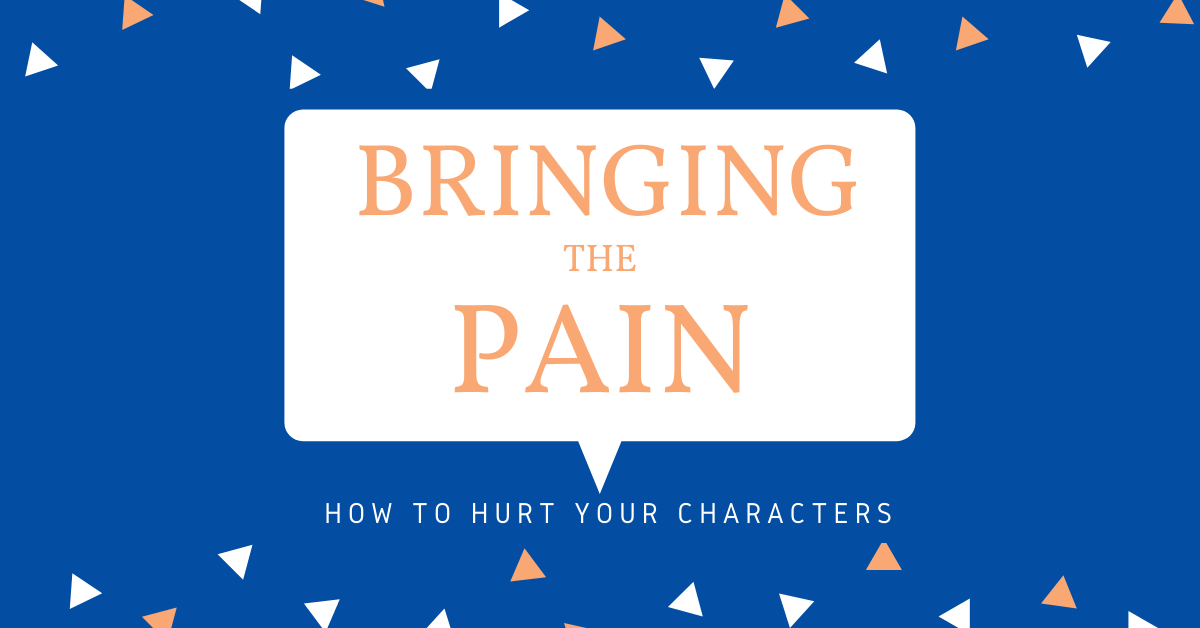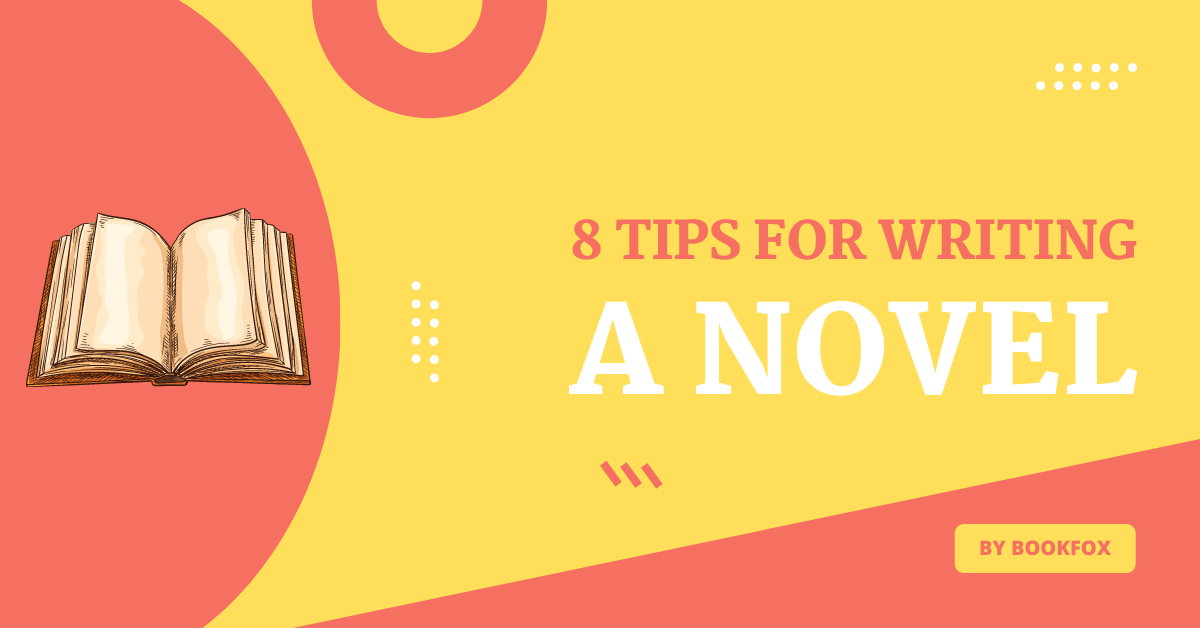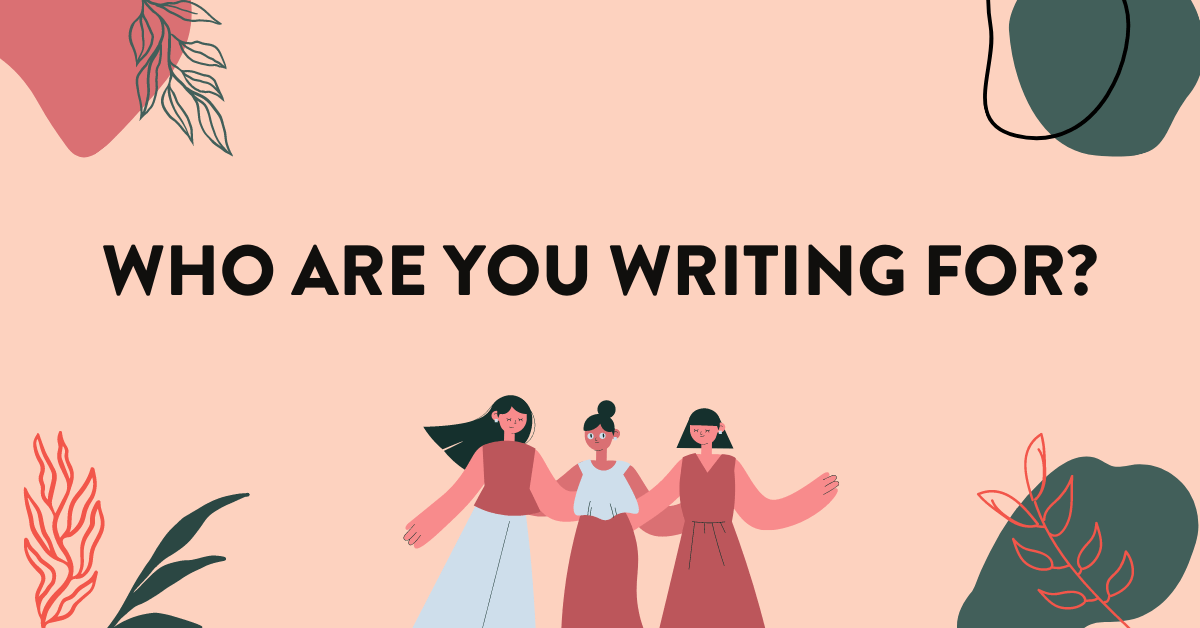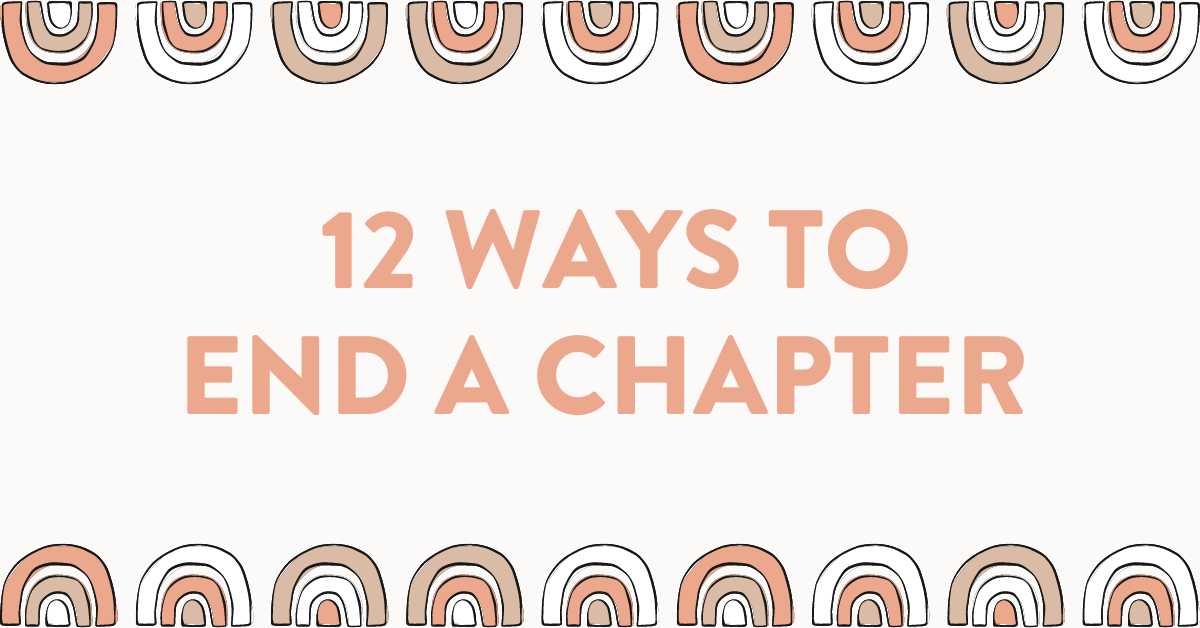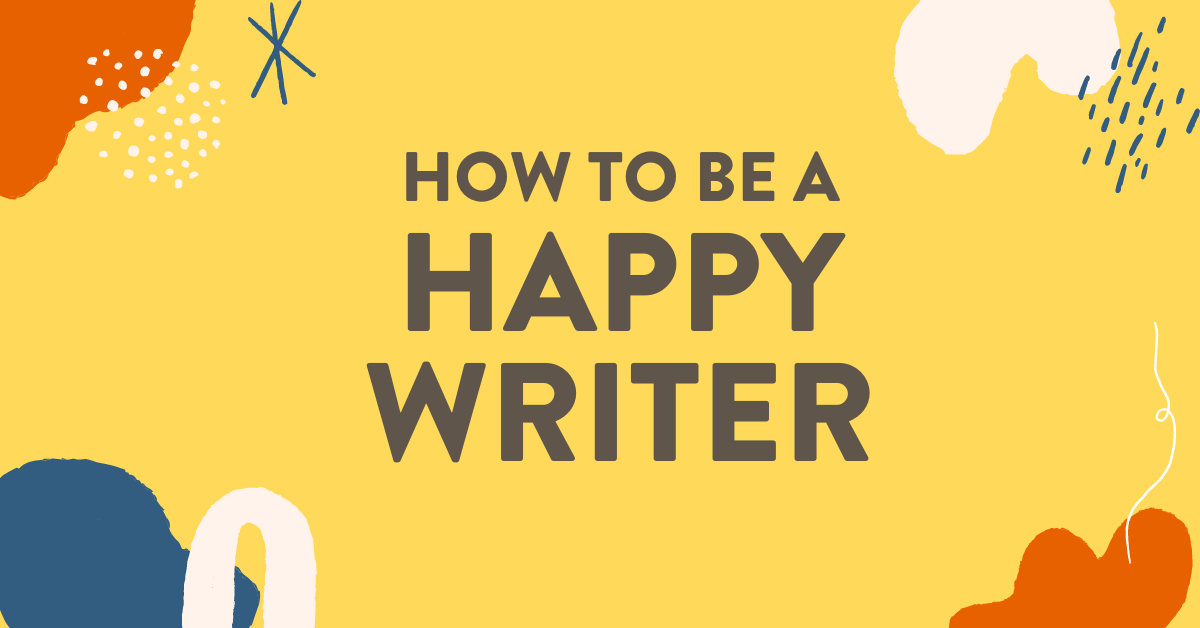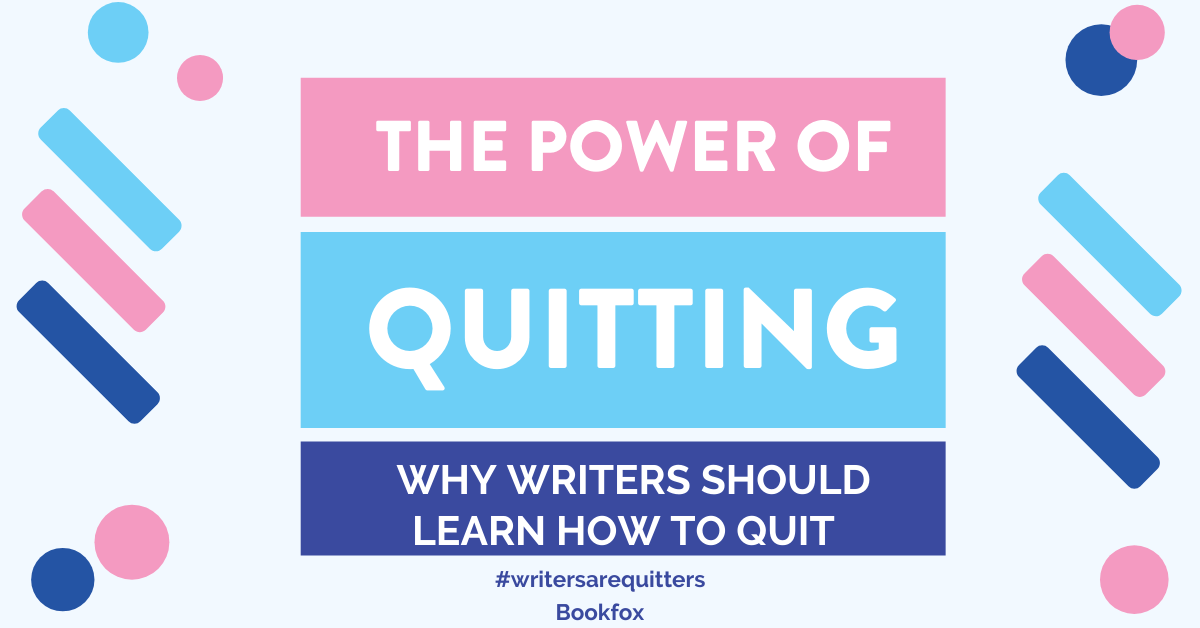Guest Post by Jody J. Sperling Stories are only truly great when they confront the great fears. Bernard Malamud knew this. His character of Roy Hobbs, a naturally gifted baseball player, was shot by a mysterious and seductive woman, which ruined his career in the big leagues. This was what Hobbs dreaded the most — […]
The Blog
- All posts
- All Popular Posts
- Characters
- Children's Books
- Dialogue
- Editing
- Endings
- Literary Agents
- Marketing
- Novels
- Plot
- Point of View
- Publishers
- Short Stories
- Writing Techniques
- Writing Wisdom
- Bringing the Pain: How to Hurt Your Characters

- 8 Tips for Writing a Novel

Guest Post by Jody J. Sperling If you’re given to quitting, writing novels isn’t for you. If you’re happier writing than reading, don’t bother writing. But if you’ve bolted your heels to concrete blocks, and if you view failure as a bridge over the black abyss, and if you’d rather be reading than climbing mountains […]
- Who are You Writing For, Anyway?

This is a parable of a writer named Austin, and how he found his audience through writing four novels. Austin lived near a major metropolis in the United States, was middle class, and he wanted more than anything to become a writer. He read all the right people, went to all the right conferences, and […]
- How to Generate Unique Concepts for your Book

What makes or breaks your novel is what exists before you write your first word: your central concept. The concept is so important. And yet it’s something that’s usually neglected when talking about writing craft. That’s because it’s much easier to talk about sentences, or plot, or characterization, or beginnings — or really anything else. […]
- Write Like a Billionaire

If you were a billionaire, would you still be writing? If you answered yes, then clearly writing is your calling. But what would you do differently as a billionaire writer? Would you go to 10 conferences a year? Start up a writing retreat? Hire the most expensive editor you can find? Hire 6 different editors? […]
- Why Writers Need a Book Club (and 21 Tips to Make it Great!)

So many articles about book clubs seem to be written by people who have never belonged to a book club. Boring, obvious information. I’m going to change that here. I have a lot of firsthand experience: My book club is called the Bookhouse Boys (yes, we have a name!). We’re five guys who’ve been meeting […]
- 12 Ways to End a Chapter (With Brilliant Examples)

Every time a reader finishes a chapter, they have the chance to put down your book. Don’t let them. You want them to stay up to 3 a.m. even though they have work the next day, because that’s the type of reading experience they’ll gush to others about. You have to read this book. So […]
- How to Be a Happy Writer

It’s true that people write the advice they need to hear, and I’ll be the first to admit I haven’t been the perfect model for a happy writer. I had some bad years. Mrs. Bookfox definitely saw the worst of it. Part of it was chemical issues, but also I had such extravagant fantasies about […]
- The Power of Quitting: Why Every Writer Should Learn to Quit

When I was 31 years old, I’d been laboring over a novel for 5 years. It was a quagmire. I was hopelessly stuck in a plot that wouldn’t move, in characters that couldn’t elicit sympathy, and with ambitions that were far beyond my skill as a writer. When I’d started the novel, I had a […]
